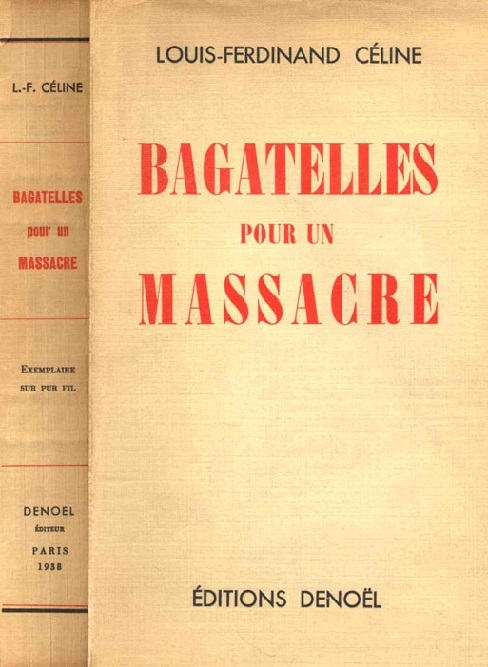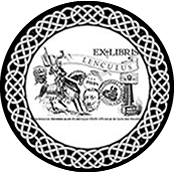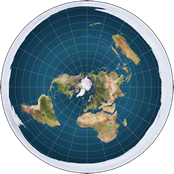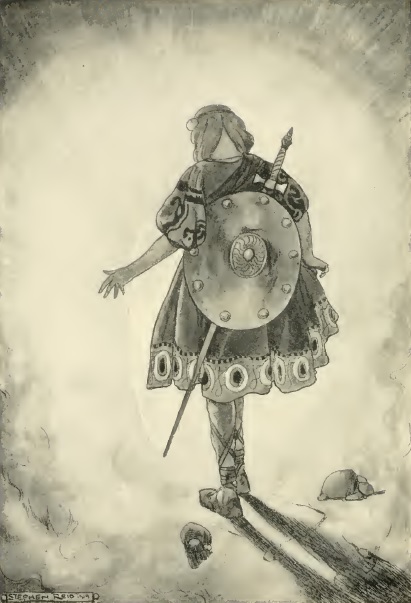
Thomas William Rolleston - Myths and legends of the celtic race
Preface
The Past may be forgotten, but it never dies. The elements which in the most remote times have entered into a nation's composition endure through all its history, and help to mould that history, and to stamp the character and genius of the people.
The examination, therefore, of these elements, and the recognition, as far as possible, of the part they have actually contributed to the warp and weft of a nation's life, must be a matter of no small interest and importance to those who realise that the present is the child of the past, and the future of the present; who will not regard themselves, their kinsfolk, and their fellow citizens as mere transitory phantoms, hurrying from darkness into darkness, but who know that, in them, a vast historic stream of national life is passing from its distant and mysterious origin towards a future which is largely conditioned by all the past wanderings of that human stream, but which is also, in no small degree, what they, by their courage, their patriotism, their knowledge, and their understanding, choose to make it.
The part played by the Celtic race as a formative influence in the history, the literature, and the art of the people inhabiting the British Islands − a people which from that centre has spread its dominions over so vast an area of the earth's surface − has been unduly obscured in popular thought. For this the current use of the term "Anglo−Saxon" applied to the British people as a designation of race is largely responsible. Historically the term is quite misleading. There is nothing to justify this singling out of two Low−German tribes when we wish to indicate the race character of the British people. The use of it leads to such absurdities as that which the writer noticed not long ago, when the proposed elevation by the Pope of an Irish bishop to a cardinalate was described in an English newspaper as being prompted by the desire of the head of the Catholic Church to pay a compliment to "the Anglo−Saxon race."
The true term for the population of these islands, and for the typical and dominant part of the population of North America, is not Anglo−Saxon, but Anglo−Celtic. It is precisely in this blend of Germanic and Celtic elements that the British people are unique − it is precisely this blend which gives to this people the fire, the elan, and in literature and art the sense of style, colour, drama, which are not common growths of German soil, while at the same time it gives the deliberateness and depth, the reverence for ancient law and custom, and the passion for personal freedom, which are more or less strange to the Romance nations of the South of Europe. May they never become strange to the British Islands ! Nor is the Celtic element in these islands to be regarded as contributed wholly, or even very predominantly, by the populations of the so called "Celtic Fringe." It is now well known to ethnologists that the Saxons did not by any means exterminate the Celtic or Celticised populations whom they found in possession of Great Britain. Mr. E. W. B. Nicholson, librarian of the Bodleian, writes in his important work "Keltic Researches" (1904) :
"Names which have not been purposely invented to describe race must never be taken as proof of race, but only as proof of community of language, or community of political organisation. We call a man who speaks English, lives in England, and bears an obviously English name (such as Freeman or Newton), an Englishman. Yet from the statistics of 'relative nigrescence' there is good reason to believe that lancashire, West Yorkshire, Staffordshire, Worcester−shire, Warwickshire, Leicestershire, Rutland, Cambridgeshire, Wiltshire, Somerset, and part of Sussex are as Keltic as Perthshire and North Munster ; that Cheshire, Shropshire, Herefordshire, Monmouthshire, Gloucestershire, Devon, Dorset, Northamptonshire, Huntingdonshire, and Bedfordshire are more so−and equal to North Wales and Leinster; while Buckinghamshire and Hertfordshire exceed even this degree, and are on a level with South Wales and Ulster." (In reference to the name "Freeman," Mr. Nicholson adds : No one was more intensely 'English' in his sympathies than the great historian of that name, and probably no one would have more strenuously resisted the suggestion that he might be of Welsh descent ; yet I have met his close physical counterpart in a Welsh farmer (named Evans) living within a few minutes of Pwllheli.")
It is, then, for an Anglo−Celtic, not an "Anglo−Saxon," people that this account of the early history, the religion, and the mythical and romantic literature of the Celtic race is written. It is hoped that that people will find in it things worthy to be remembered as contributions to the general stock of European culture, but worthy above all to be borne in mind by those who have inherited more than have any other living people of the blood, the instincts and the genius of the Celt.
For more documentations
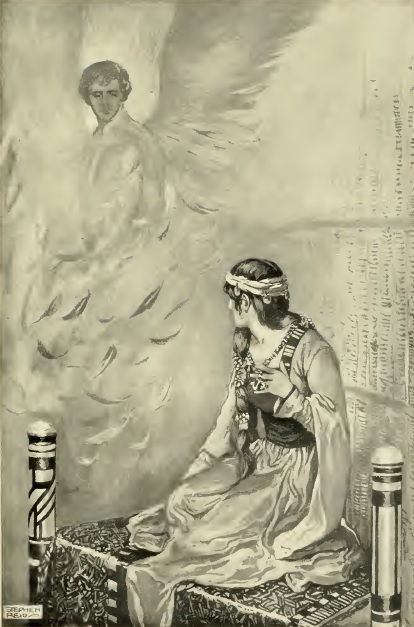
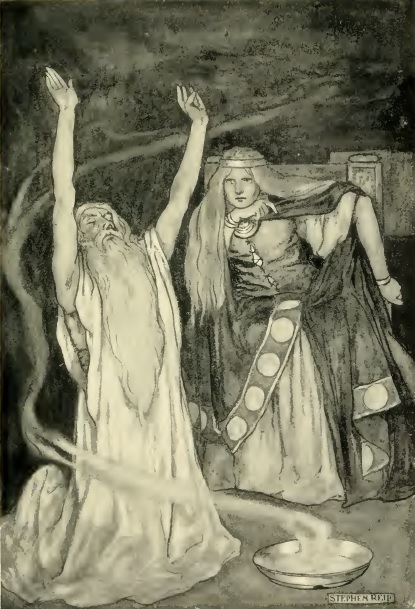
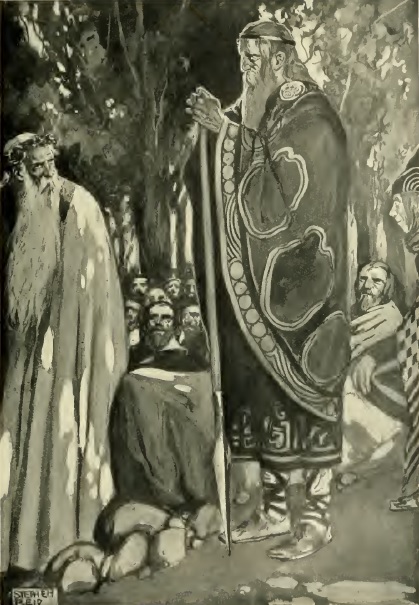
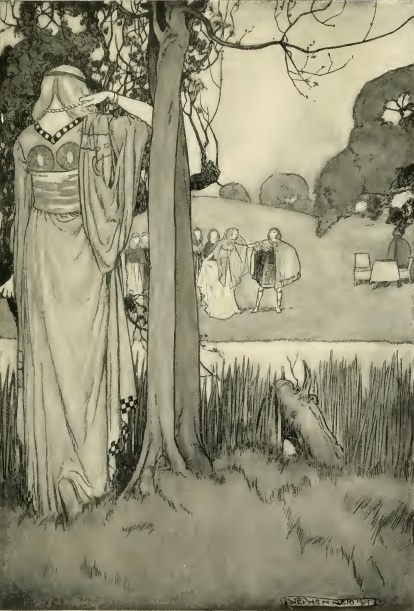
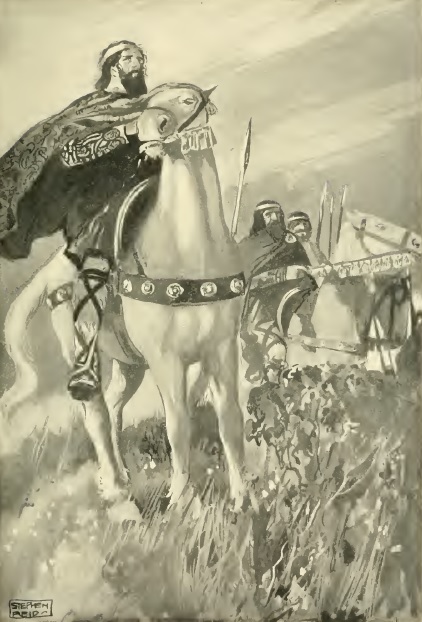









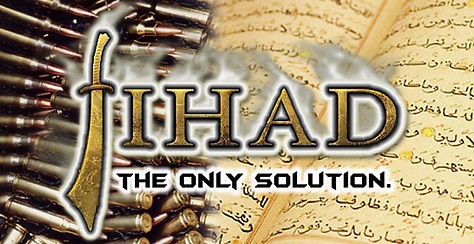
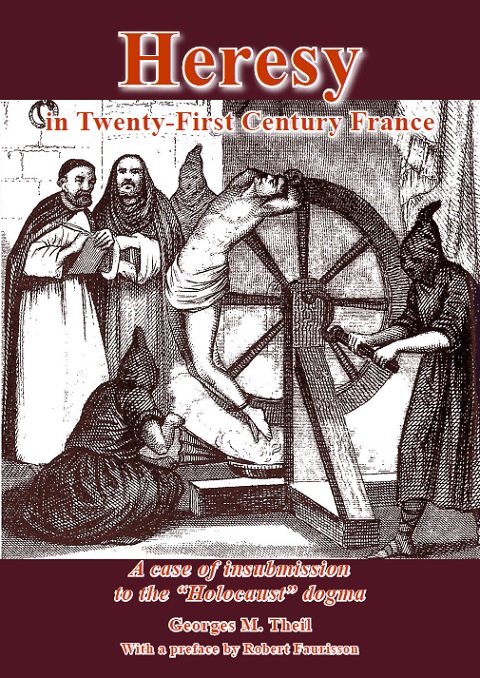
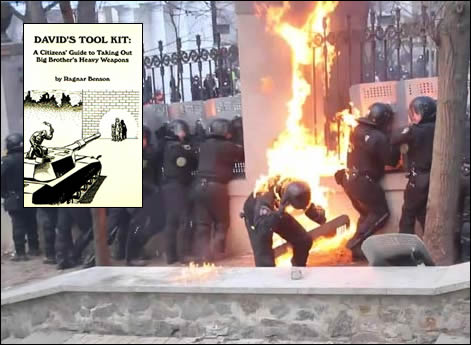
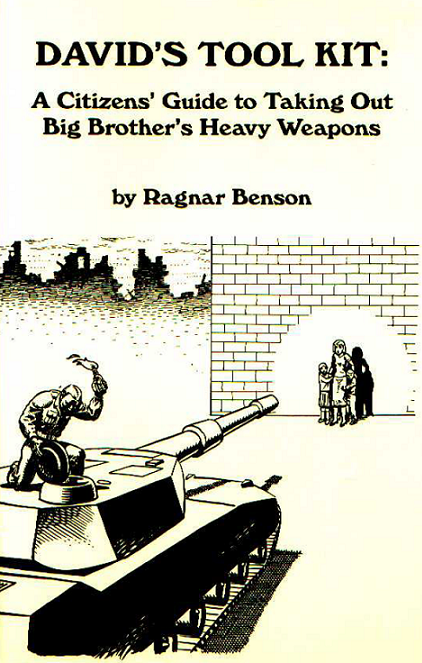
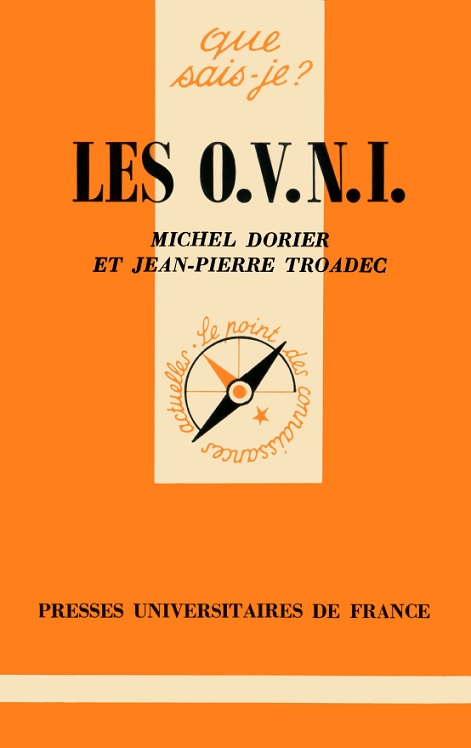

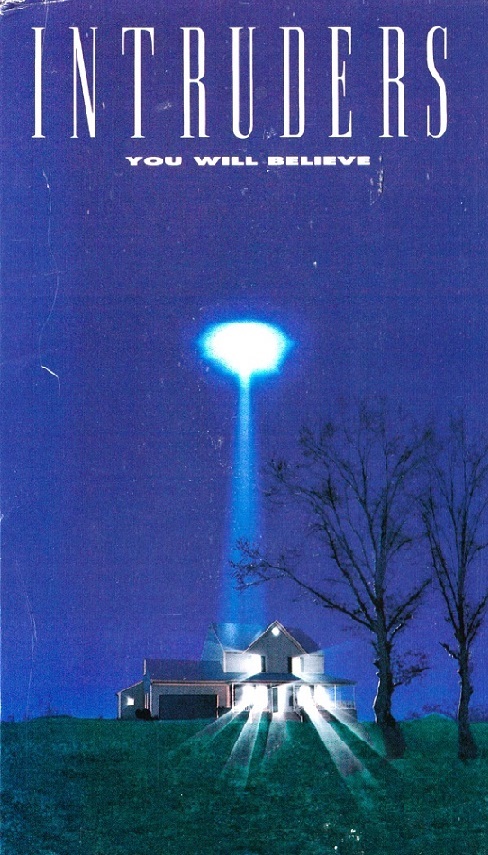
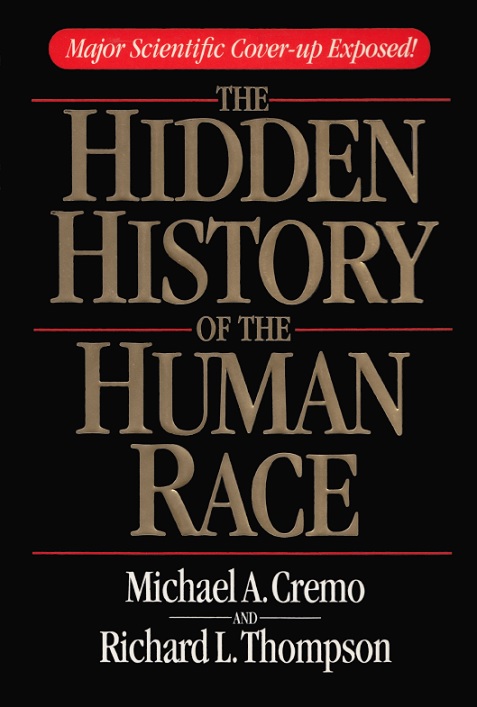
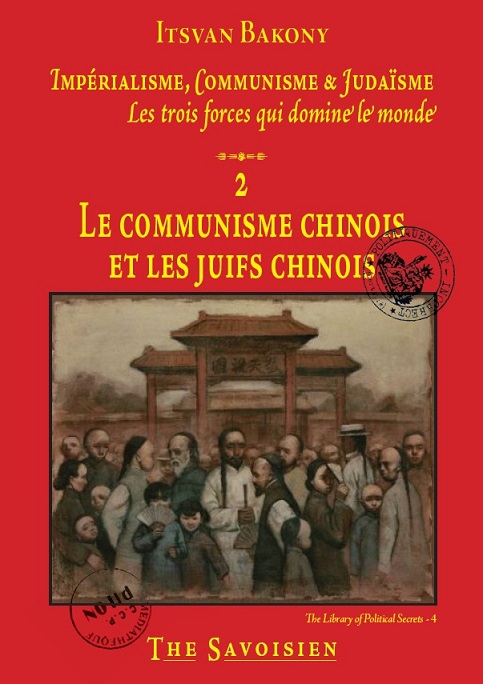


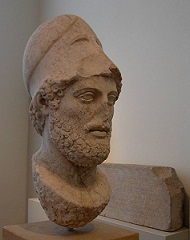 The Story of Civilization, by husband and wife Will and Ariel Durant, is an eleven-volume set of books covering Western history for the general reader. The volumes sold well for many years, and sets of them were frequently offered by book clubs.
The Story of Civilization, by husband and wife Will and Ariel Durant, is an eleven-volume set of books covering Western history for the general reader. The volumes sold well for many years, and sets of them were frequently offered by book clubs.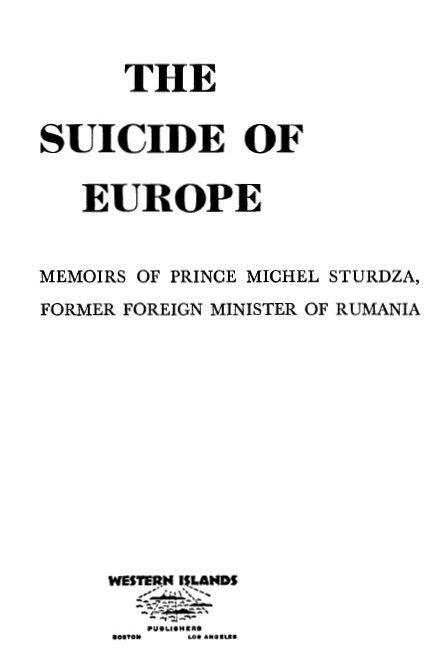
 Michel Sturdza had several diplomatic posts in Vienna, Budapest and Washington and later in the 1920s was a diplomatic agent in multiple nations across Eastern Europe. In 1932, he negotiated with the Soviet Union for a non-agression pact with Romania but failed. As a nationalist conservative, Sturdza joined
Michel Sturdza had several diplomatic posts in Vienna, Budapest and Washington and later in the 1920s was a diplomatic agent in multiple nations across Eastern Europe. In 1932, he negotiated with the Soviet Union for a non-agression pact with Romania but failed. As a nationalist conservative, Sturdza joined 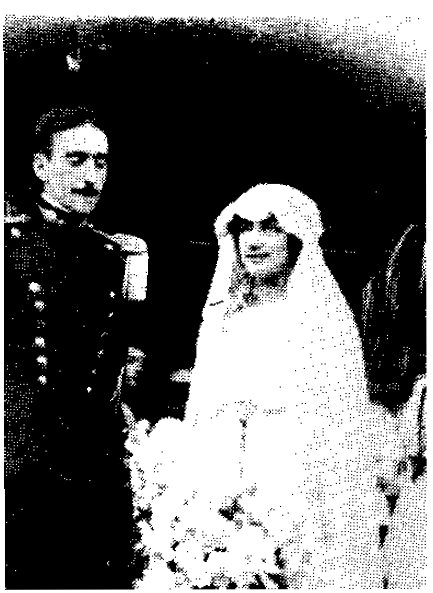
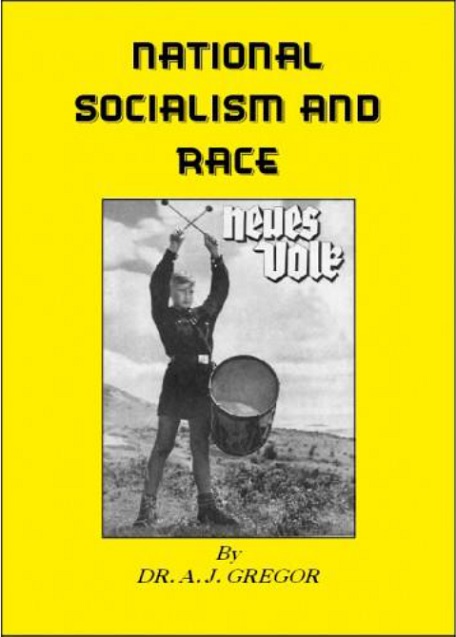
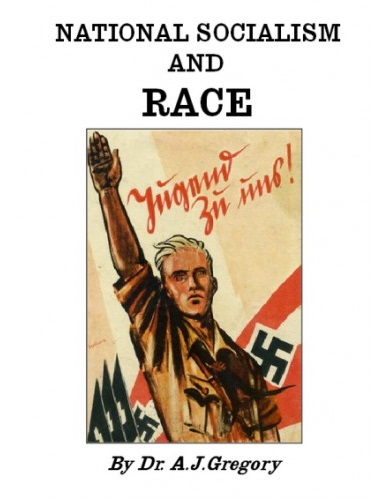
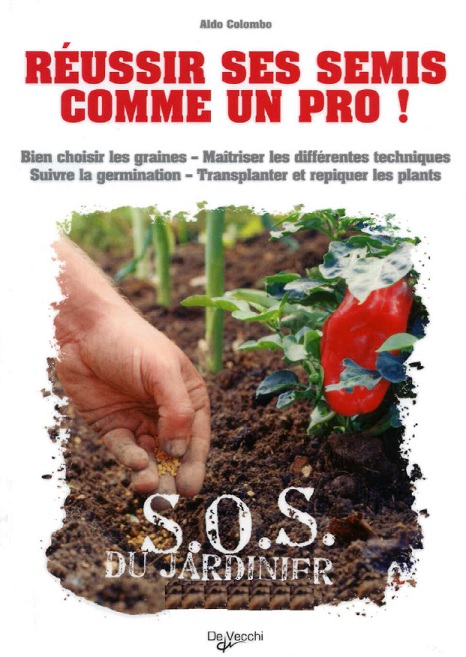
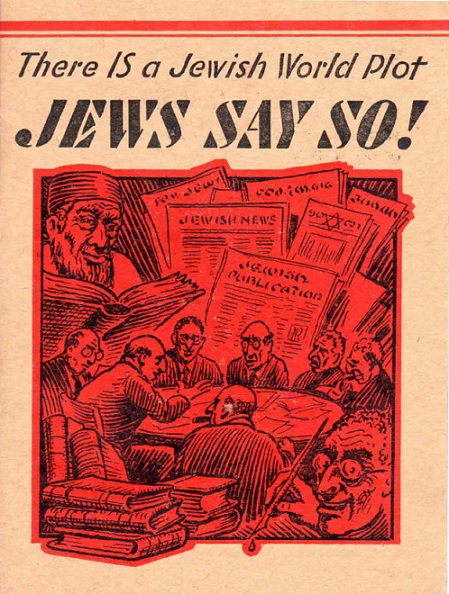
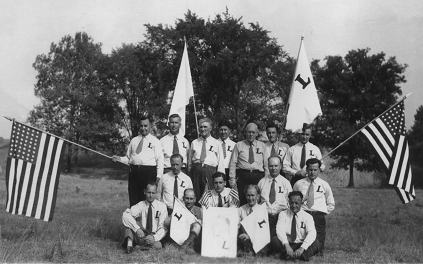


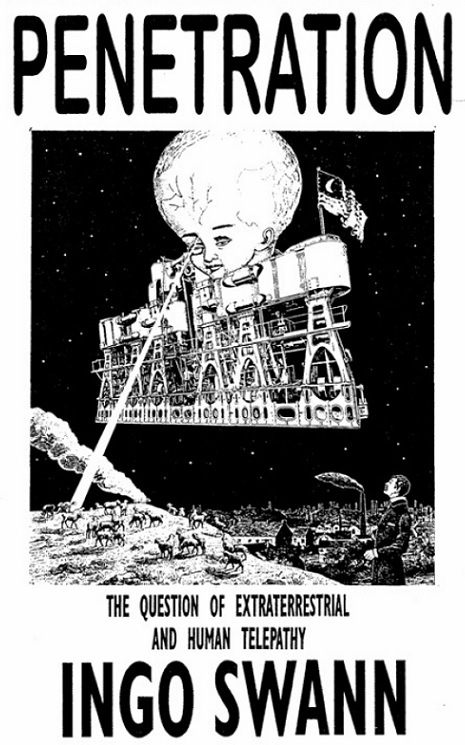
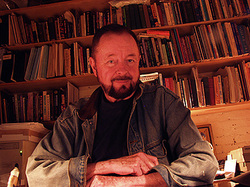 Le peintre new-yorkais Ingo Swann est l'auteur du protocole de Remote-viewing, d'abord expérimenté au SRI (Stanford Research Institute), avec les chercheurs Russel Targ & Harold Puthoff, avant de servir de base au Programme Stargate sur lequel la CIA avait engagé 20 millions de dollars entre les années 1970 et 1995 :
Le peintre new-yorkais Ingo Swann est l'auteur du protocole de Remote-viewing, d'abord expérimenté au SRI (Stanford Research Institute), avec les chercheurs Russel Targ & Harold Puthoff, avant de servir de base au Programme Stargate sur lequel la CIA avait engagé 20 millions de dollars entre les années 1970 et 1995 :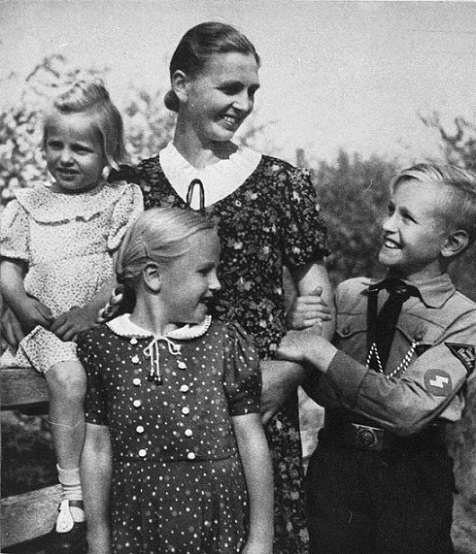
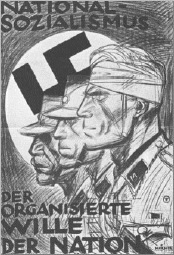 Who Would End the Bankruptcy ?
Who Would End the Bankruptcy ?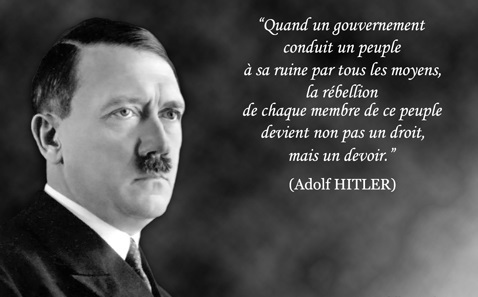

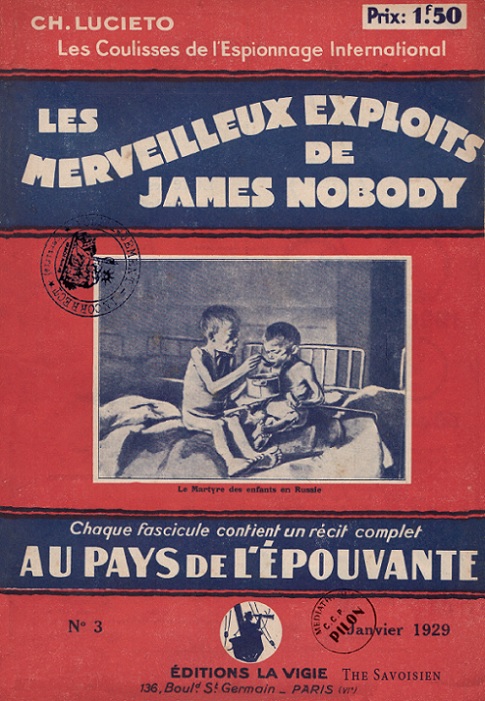



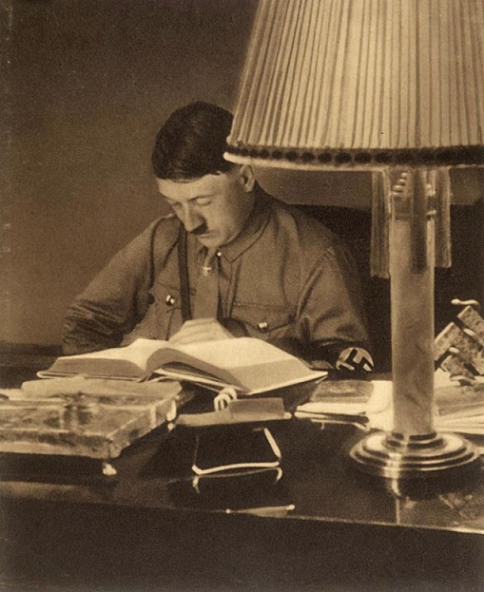

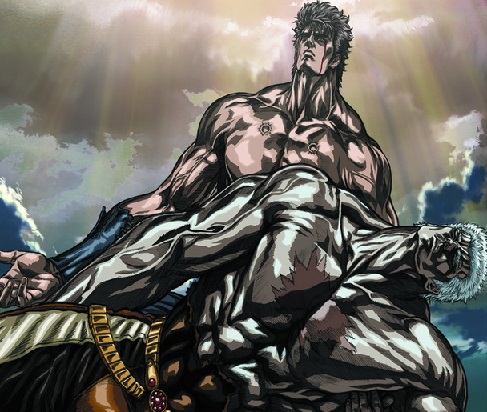
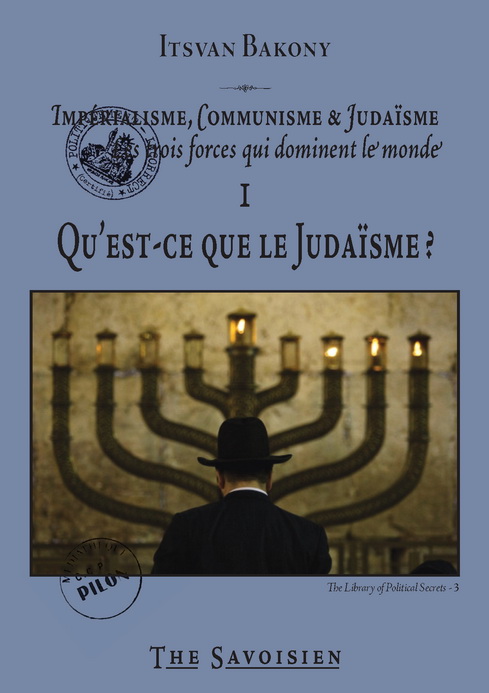

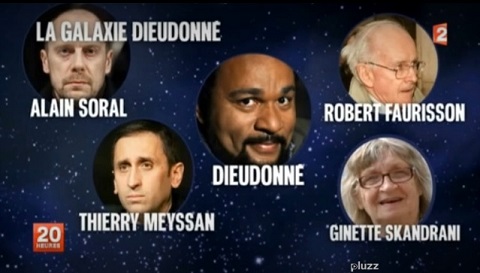

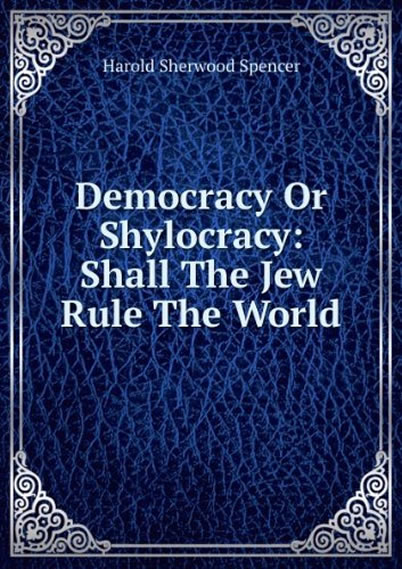
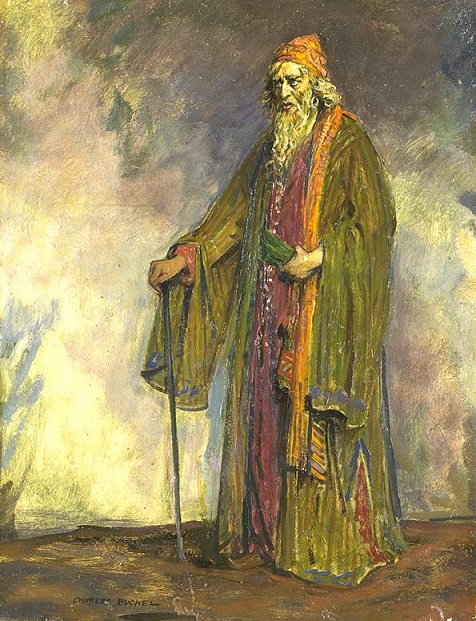
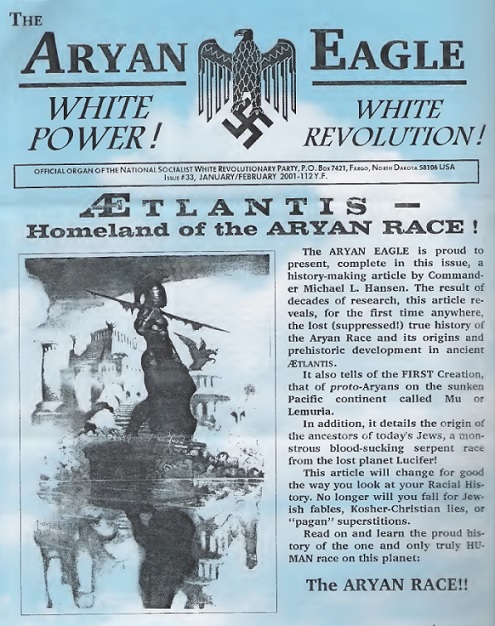
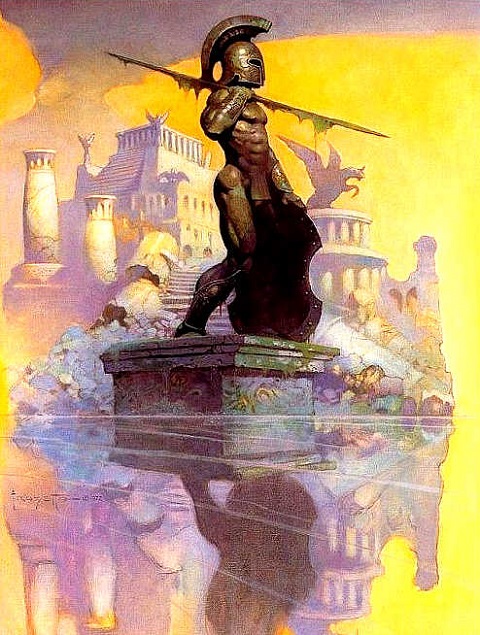
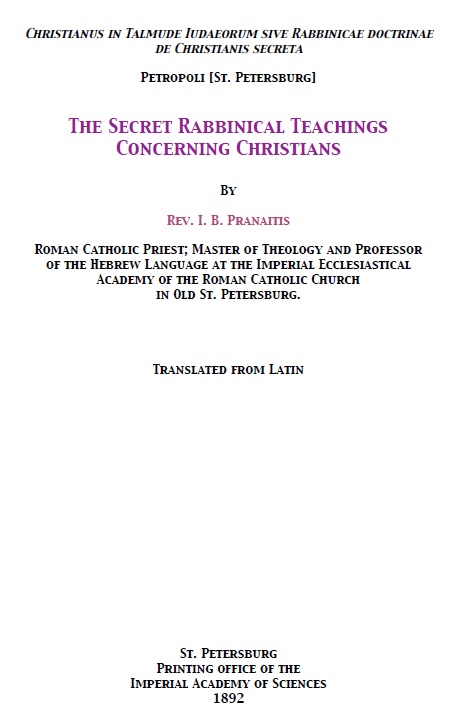
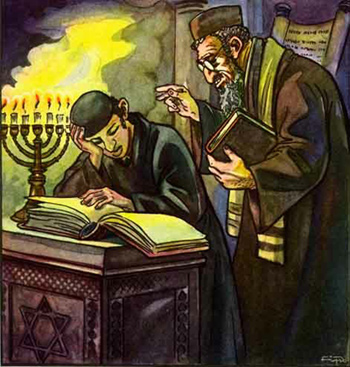
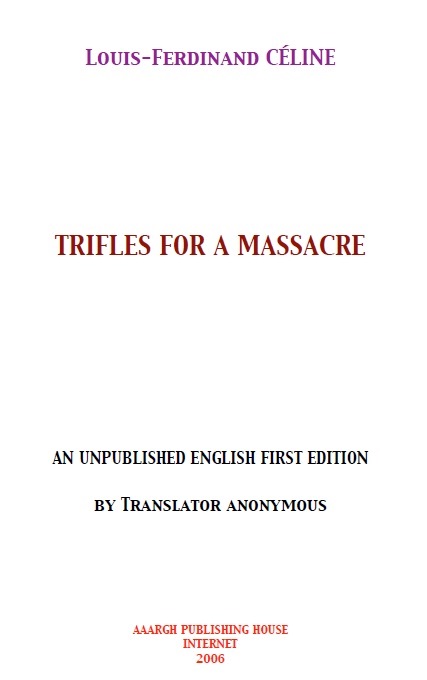
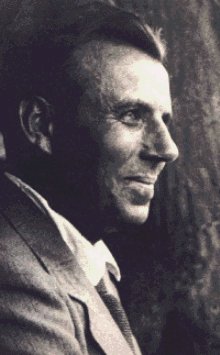 Contrary to rumor, the pamphlets are not forbidden by law, regulation or tribunal. They have not been reissued by reputable publishing houses because the author, having returned to France, wanted to retain the authority on the reissue of the books which he had written, in order to gain his subsistence. This measure of opportunity is no longer a consideration, following the passing away of the author in 1961. No one has the right to impede the legitimate curiosity of subsequent generations concerning he who was the incandescent nexus of French literature of the Mid-Twentieth Century.
Contrary to rumor, the pamphlets are not forbidden by law, regulation or tribunal. They have not been reissued by reputable publishing houses because the author, having returned to France, wanted to retain the authority on the reissue of the books which he had written, in order to gain his subsistence. This measure of opportunity is no longer a consideration, following the passing away of the author in 1961. No one has the right to impede the legitimate curiosity of subsequent generations concerning he who was the incandescent nexus of French literature of the Mid-Twentieth Century.